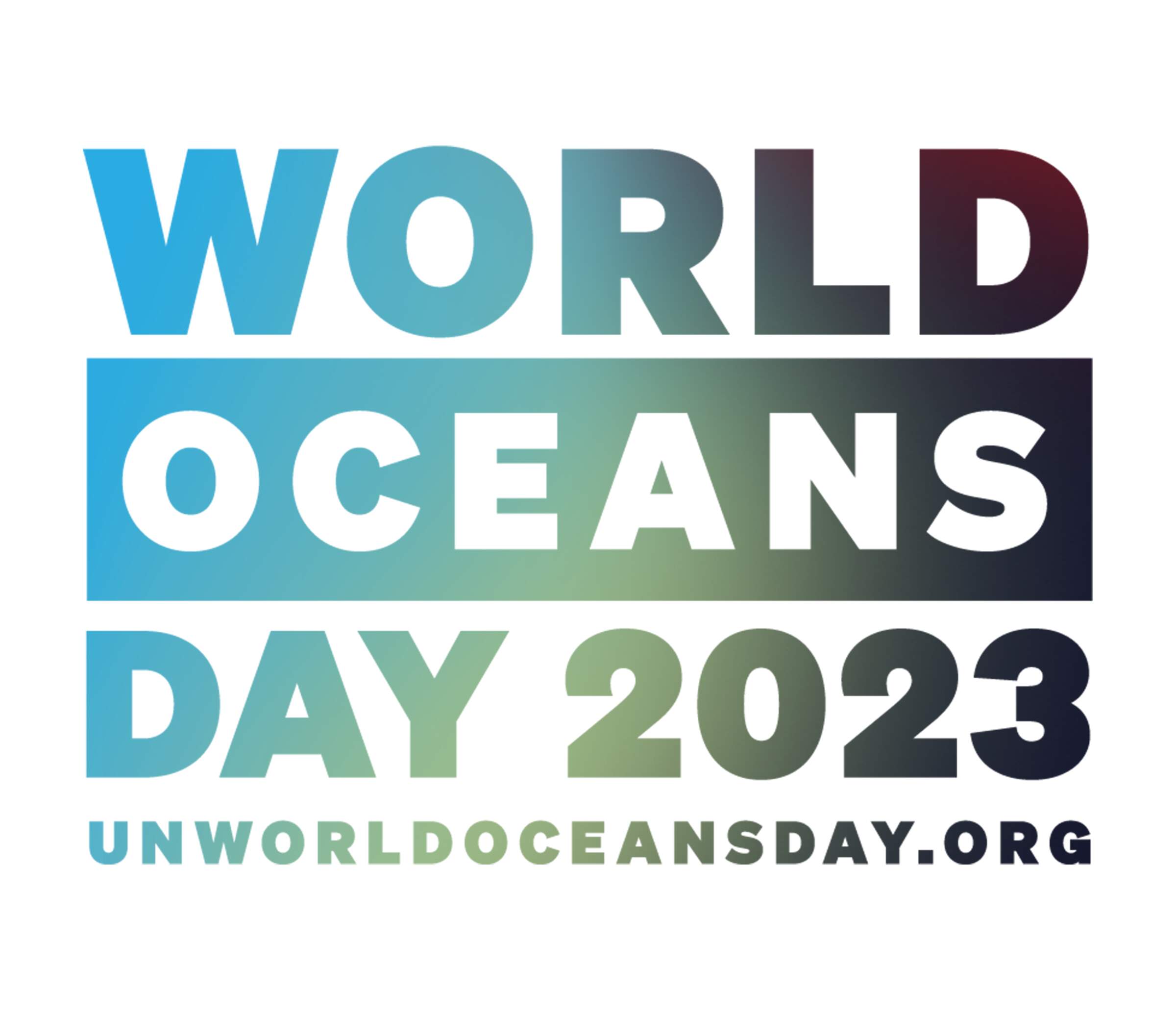World Oceans Day 2023

FOR WORLD OCEANS DAY
RELAIS & CHÂTEAUX IS TAKING ACTION TO SERVE SUSTAINABLY
CAUGHT FISH, CRUSTACEANS, AND MOLLUSKS.
Learn more
#SEAsonality
#planetocean #tidesarechanging
SEAsonality to unearth myths and showcase that the tides are changing

Throughout the month of June, hundreds of Relais & Châteaux chefs will be showcasing sustainable seafood products.
“There would be no life on Earth without the ocean. We must act. Relais & Châteaux is a movement with a driving desire to change the course of certain issues. And we will fight until everyone is just as enamored with the seas.”
Mauro Colagreco
Vice President,
Chefs Relais & Châteaux
MUMBAI, INDIA
ANNECY, FRANCE
LA ROCHELLE, FRANCE
VILLINO
GERMANY
CAPE COD, USA
VILLA DELLA PERGOLA
IL BOTTACCIO
PLAZA E DE RUSSIE
LIGURIA & TUSCANY, ITALY
TUSCANY, ITALY
VENICE, ITALY
SWITZERLAND
JAPAN
TEXEL ISLAND, NETHERLANDS
CASCAIS, PORTUGAL
UK
AUSTRALIA

UNEARTH WHAT ‘IN SEASON’ REALLY MEANS WHEN IT COMES TO SEAFOOD

As on land, life under water is punctuated by natural cycles. In the wild, fish, crustaceans, and mollusks breed at certain periods of time that are specific to each species and their habitat; they gather in schools to breed making them easier to catch.
This is commonly known as that species’ ‘season’ because it is the moment during which it is more abundant at the fish market. But just because the species is ‘in season’ does not necessarily mean it is sustainable.
A fish ‘in season’ is not necessarily more delicious or virtuous
THERE ARE AS MANY ‘SEASONS’ AS FISH IN THE SEA
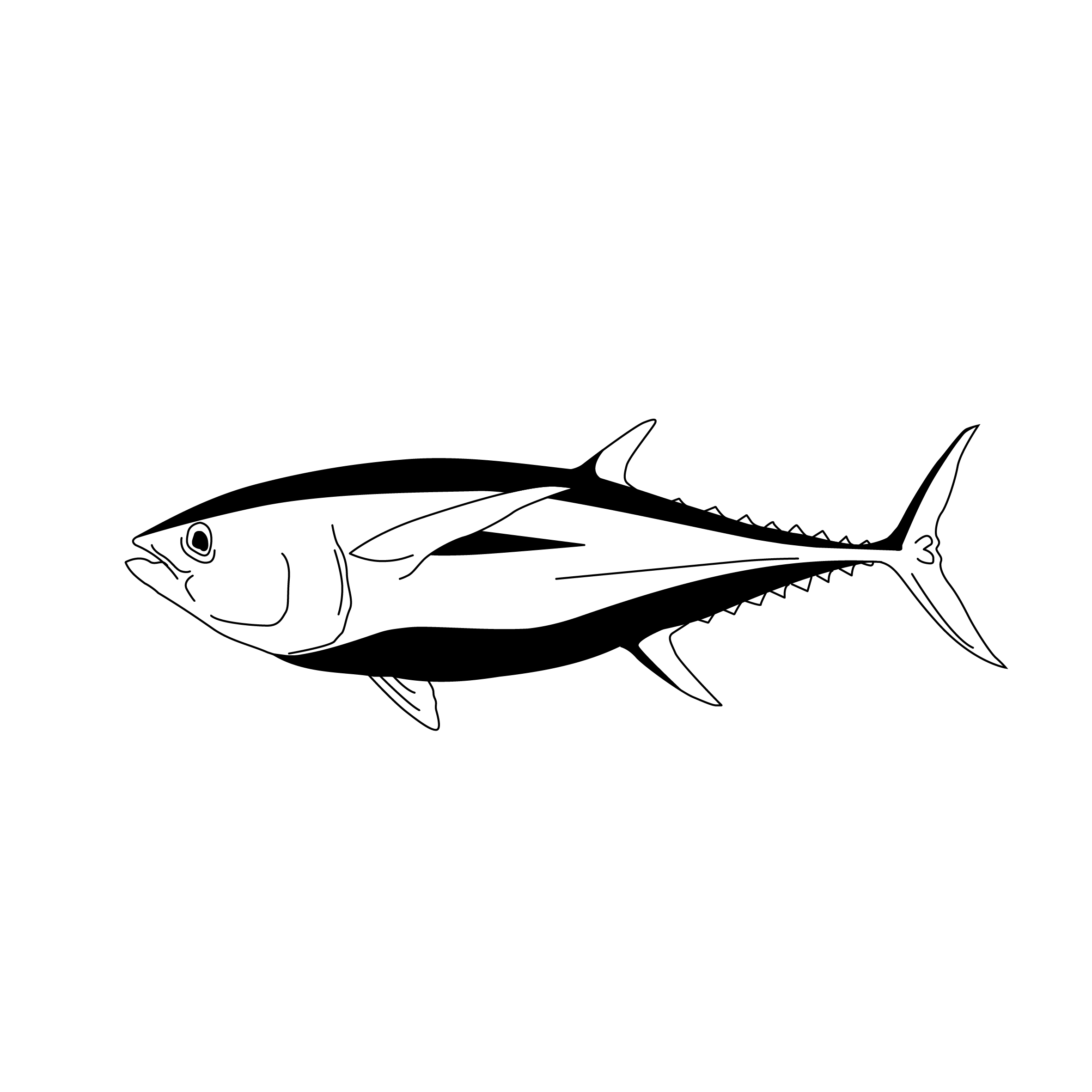
BLUEFIN TUNA
‘SEASON’
= MIGRATION = REPRODUCTION
= BREEDING = FISHING PERIOD
Bluefin tuna (Thunnus thynnus) migrates from the East Atlantic to the Mediterranean to reproduce (from mid-May to early July). During their breeding period, they gather in schools becoming more vulnerable to overfishing. The stock almost collapsed in the 2000s but has since improved.
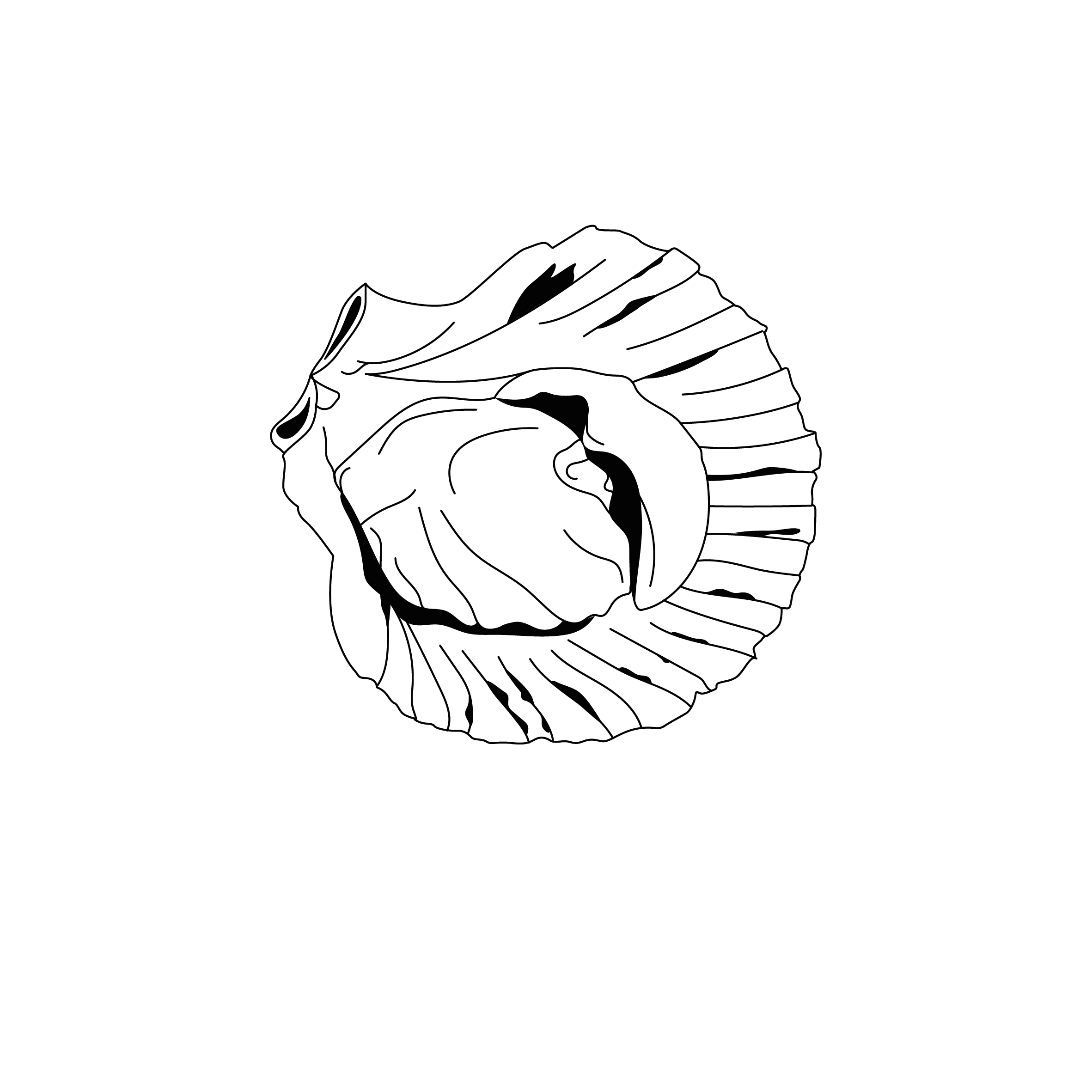
SCALLOPS
‘SEASON’ = FISHERY OPENING
Fishery closures of scallops and other pectinidae can be enforced in specific areas as a management measure to preserve stocks. Closures protect young scallops.
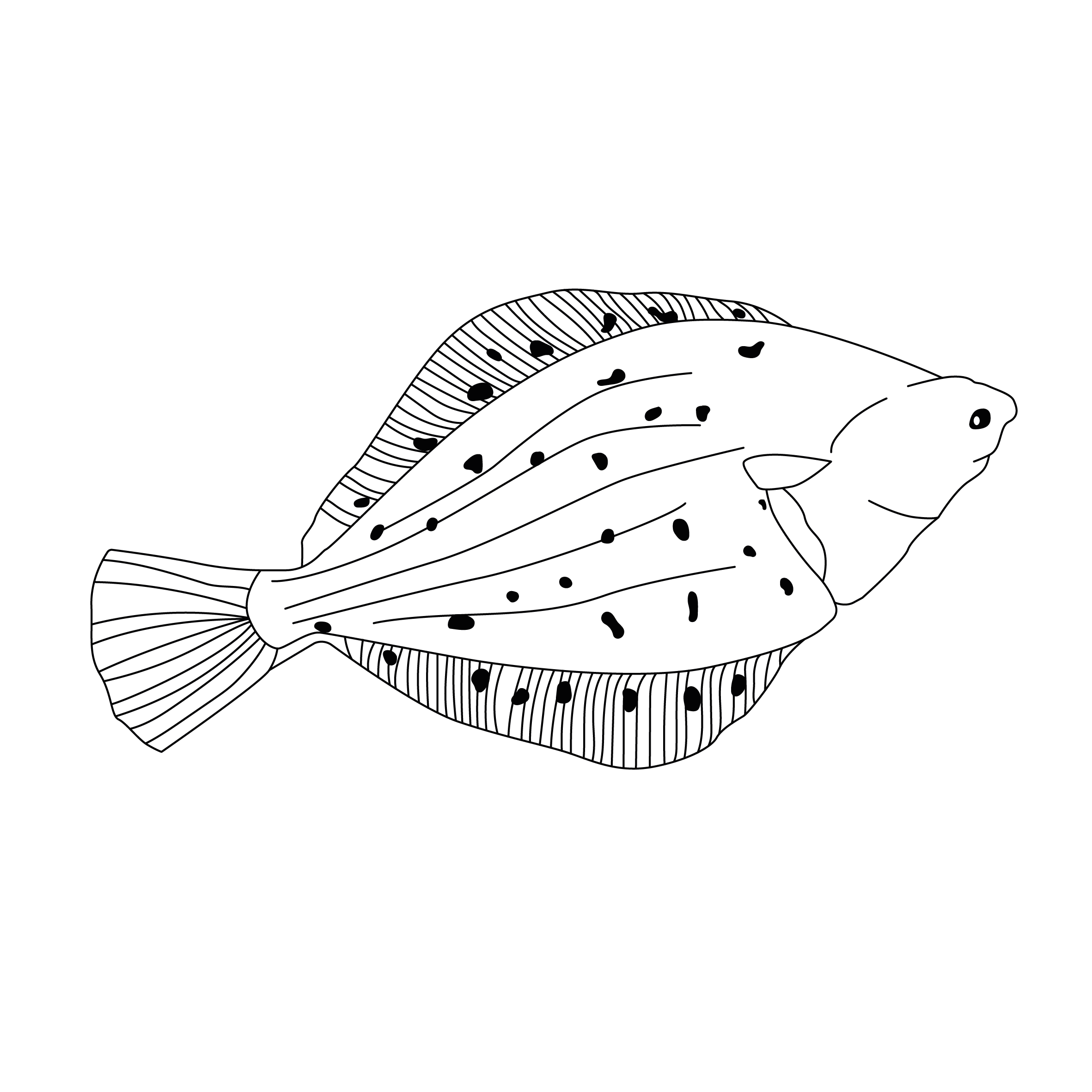
FLATFISH
‘SEASON’
= BREEDING PERIOD BUT LOWER QUALITY
During their breeding period, flatfish are characterized by soft flesh that is difficult to work with. This results in food waste. Consumption has to be avoided during spawning periods.
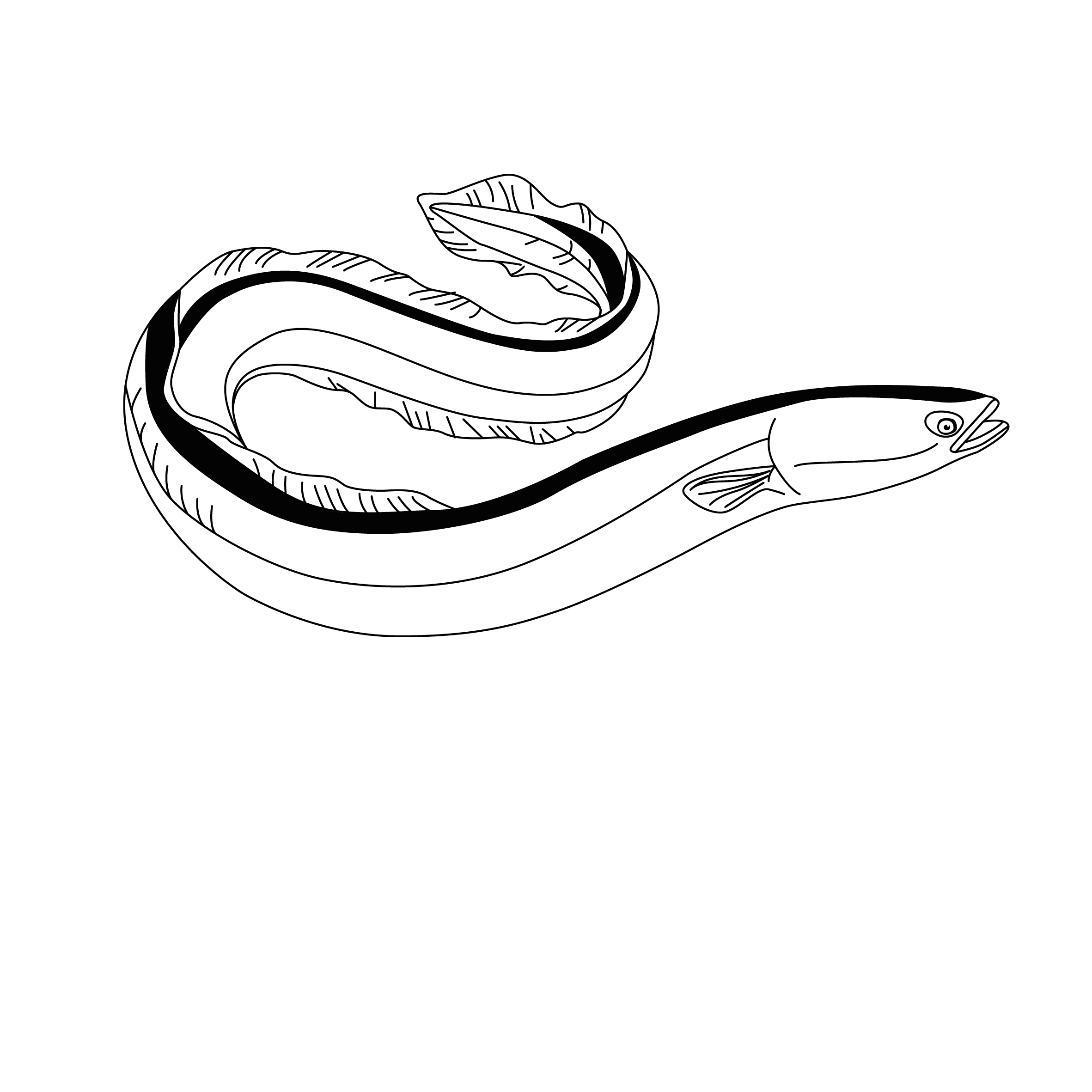
EEL
AVOID IN ALL SEASONS BECAUSE EELS
ARE CRITICALLY ENDANGERED
Eels have a mysterious life cycle and certain stages of their life are not yet known, particularly regarding their reproduction. Eel “farms” are in fact fattening farms. Young glass eels are taken from the wild to be “raised” until they are sold. This production method cannot be seen as an alternative to fishing because it consists of taking juveniles from their natural environment, further weakening stocks that are already recognized as having collapsed. Consumption of wild and farmed individuals has to be avoided all year long.
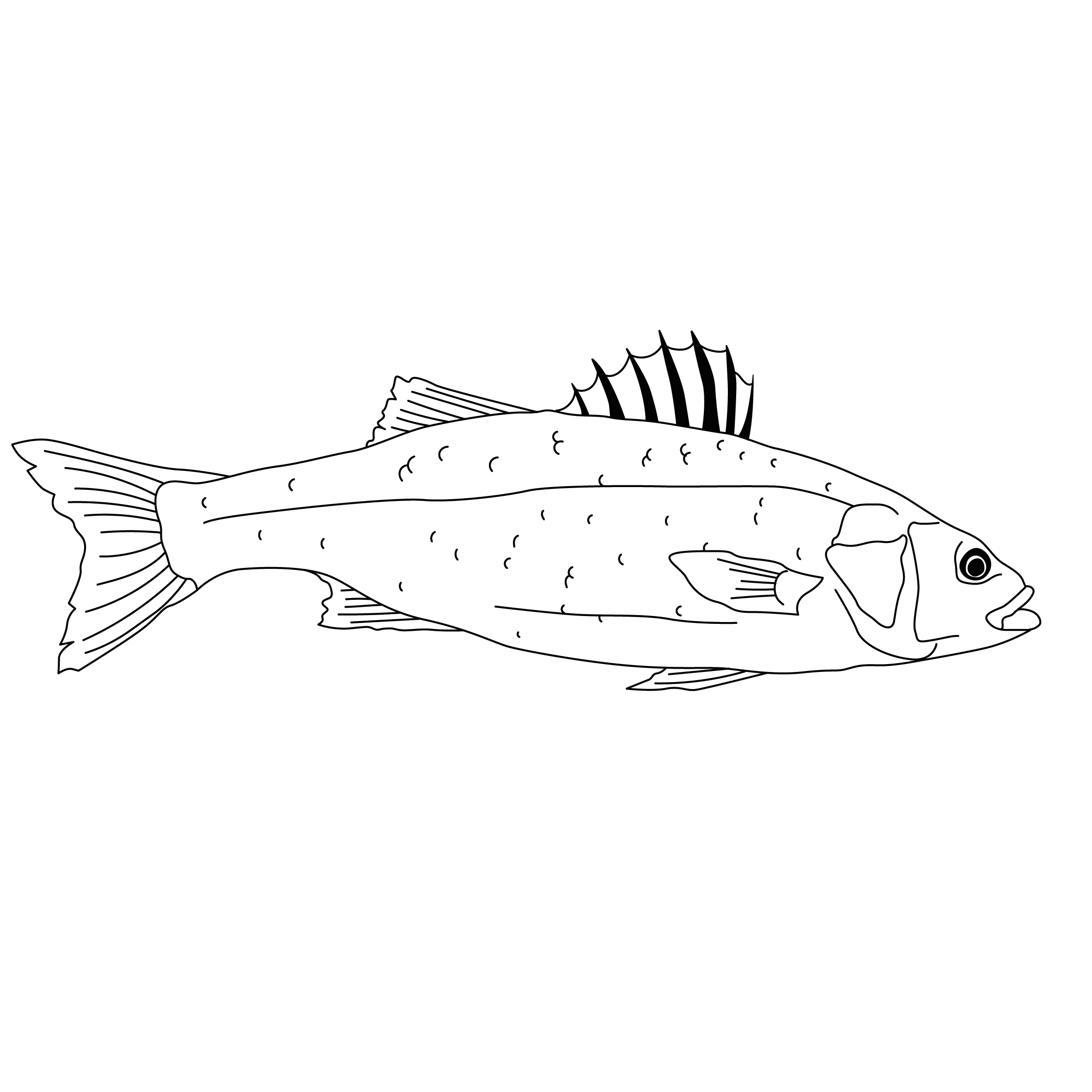
EUROPEAN SEABASS
‘SEASON’
= BREEDING PERIOD BUT VULNERABLE
Bass (Dicentrarchus labrax) are particularly targeted by fishers during their spawning period because they gather in schools to reproduce, making them particularly vulnerable to overfishing. Outside this period, bass lead a solitary life and tend to be caught accidentally. Consumption therefore has to be avoided during the spawning period.

FARMED SEAFOOD
NO ‘SEASON’
= CONTROLLED BREEDING IN HATCHERIES
Species from aquaculture can be consumed throughout the year. But the farming conditions (feed, animal welfare, veterinary care, working conditions, etc.) must be verified before purchasing.
To choose a sustainable species, stock status is always the priority
If the stock is in good condition (sustainable) consumption is OK* during or outside the breeding period (season).
If the stock is overexploited or collapsed (unsustainable) avoid consumption during or outside the breeding period (season).
*See special cases for flatfish and seabass.












